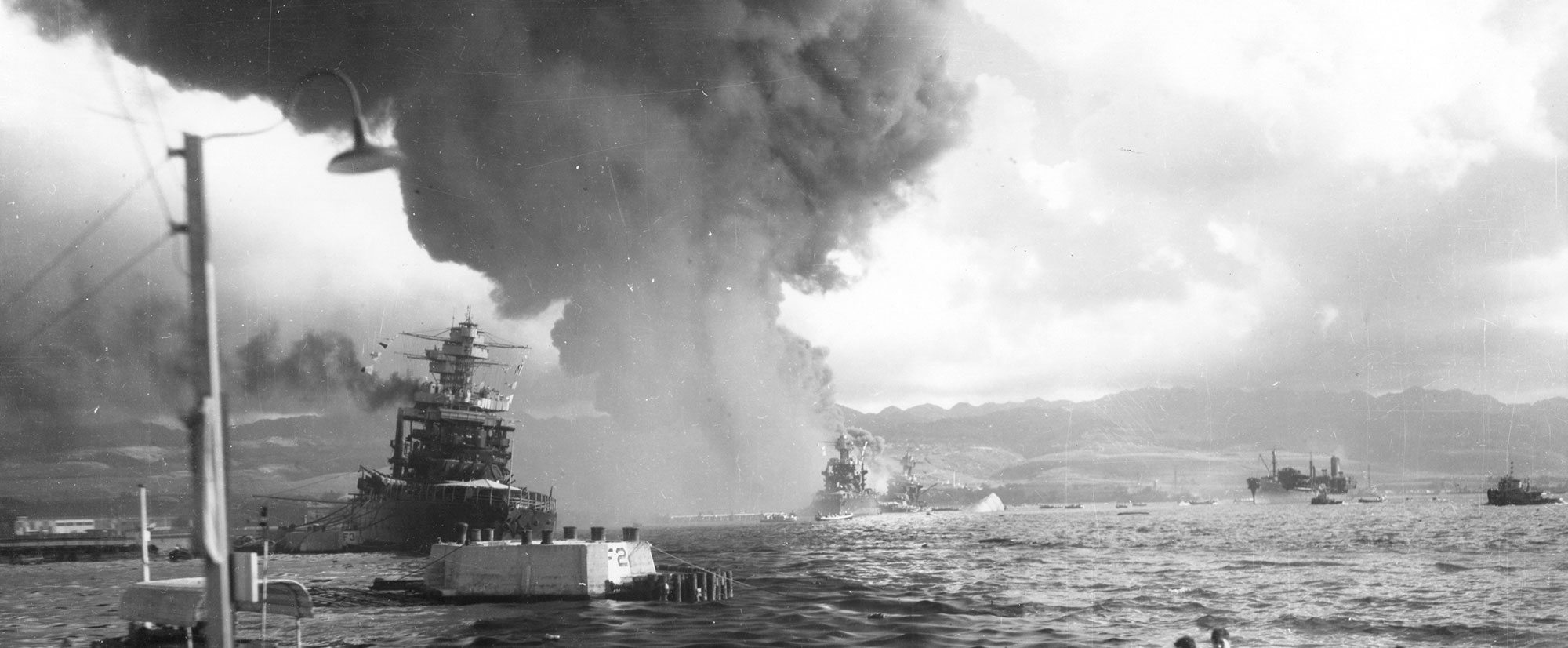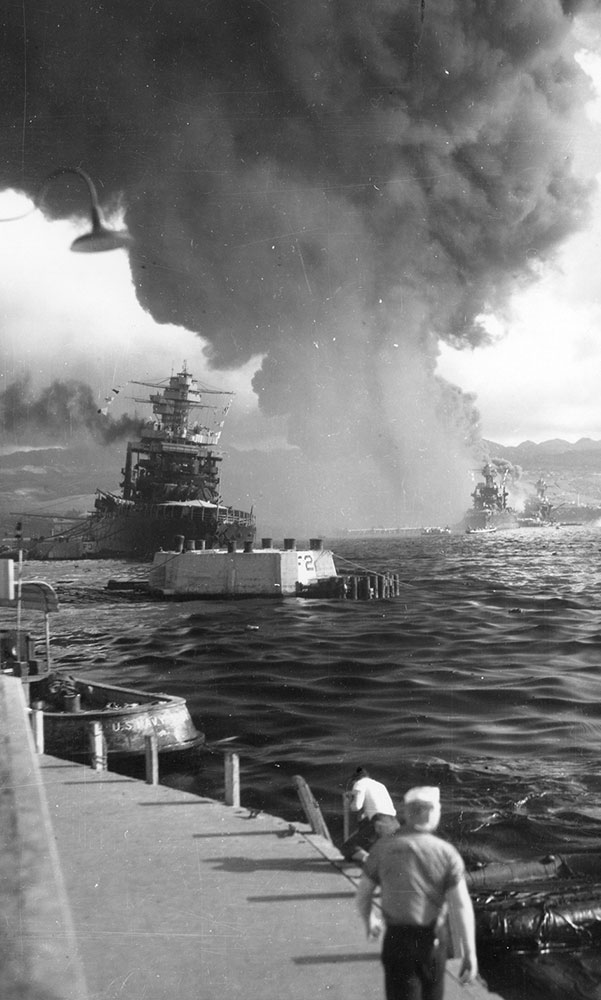HEBEI PROVINCE, CHINA—Xinhua reports that archaeologists with the State Underwater Cultural Heritage Protection Center and Huanghua City Museum will continue to look for evidence that the starting point of the ancient maritime Silk Road was located in what is now northern China’s port city of Huanghua. “The ongoing excavation is to determine the functions of the port ruins’ different zones,” explained Lei Jianhong of the Hebei Provincial Institute of Cultural Relics. Previous excavations near the ruins of the ancient town of Haifeng have uncovered traces of an ancient port, including a river, a layer of coal ash, roads, and trampled earth. Archaeologists have also recovered large amounts of different styles of porcelain from north and south China, suggesting that Haifeng had been a center for the porcelain trade as early as the Jin Dynasty (A.D. 1115–1234). For more, go to “Letter from China: Tomb Raider Chronicles.”
Search for Maritime Silk Road’s Starting Point Continues
News March 8, 2017
Recommended Articles
Top 10 Discoveries of 2025 January/February 2026
Oldest Mummified People
Southern China and Southeast Asia
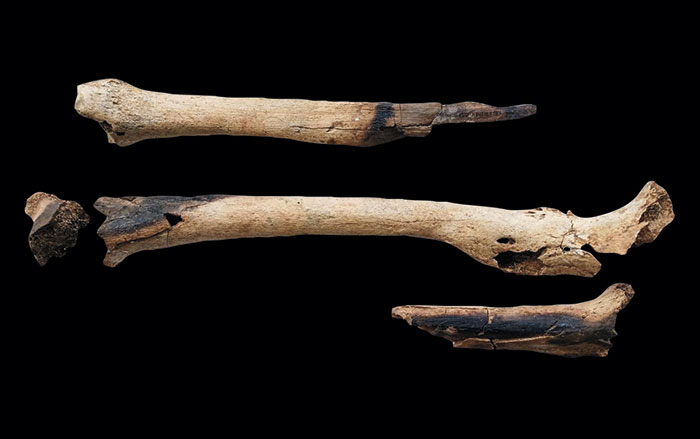
Digs & Discoveries November/December 2025
Ancient Look Book
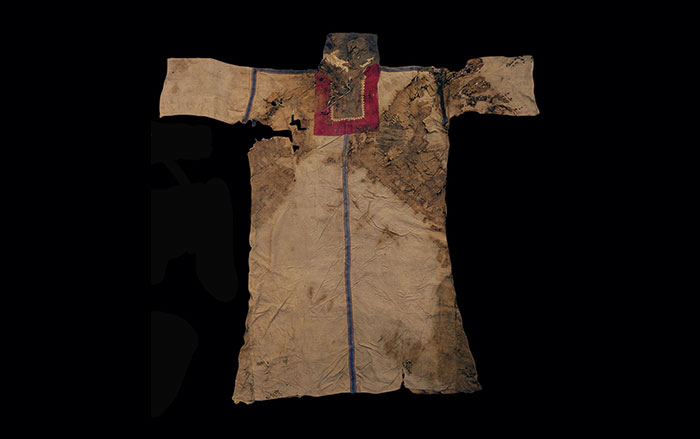
Digs & Discoveries September/October 2025
A Chinese Frontier Fort
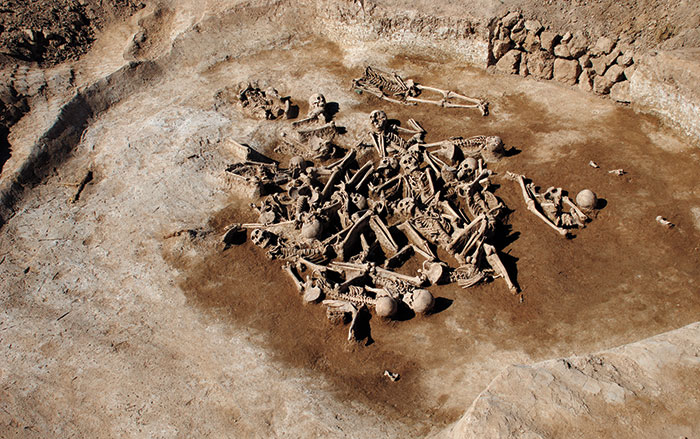
Features September/October 2025
Myth of the Golden Dragon
Eclectic artifacts from tombs in northeastern China tell the story of a little-known dynasty
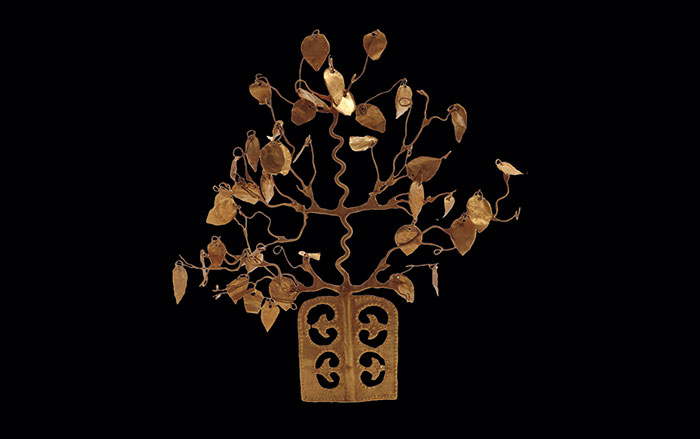
-
Features January/February 2017
Top 10 Discoveries of 2016
ARCHAEOLOGY’s editors reveal the year’s most compelling finds
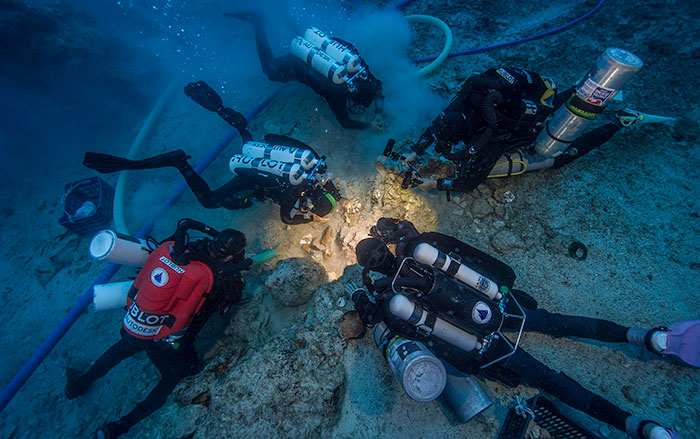 (Image Courtesy Brett Seymour, EUA/WHOI/ARGO)
(Image Courtesy Brett Seymour, EUA/WHOI/ARGO) -
Features January/February 2017
Hoards of the Vikings
Evidence of trade, diplomacy, and vast wealth on an unassuming island in the Baltic Sea
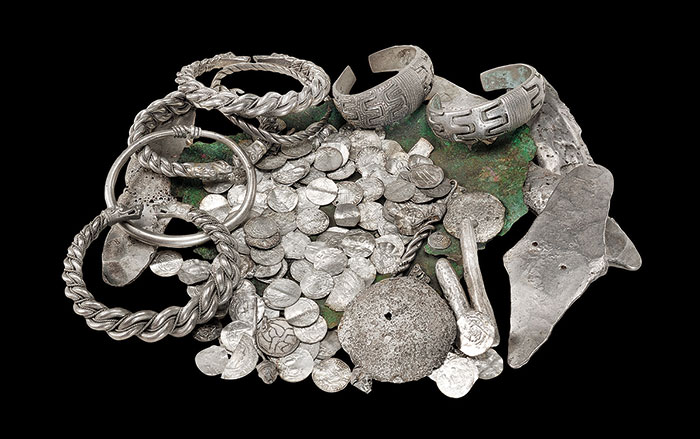 (Gabriel Hildebrand/The Royal Coin Cabinet, Sweden)
(Gabriel Hildebrand/The Royal Coin Cabinet, Sweden) -
Features January/February 2017
Fire in the Fens
A short-lived settlement provides an unparalleled view of Bronze Age life in eastern England
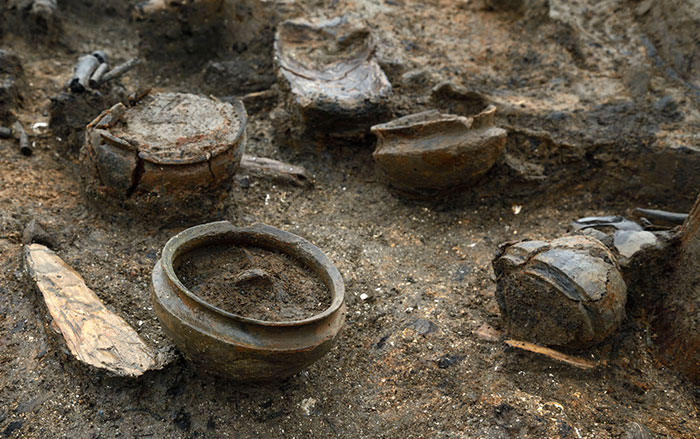 (Courtesy The Cambridge Archaeological Unit)
(Courtesy The Cambridge Archaeological Unit) -
Letter from Laos January/February 2017
A Singular Landscape
New technology is enabling archaeologists to explore a vast but little-studied mortuary complex in war-damaged Laos
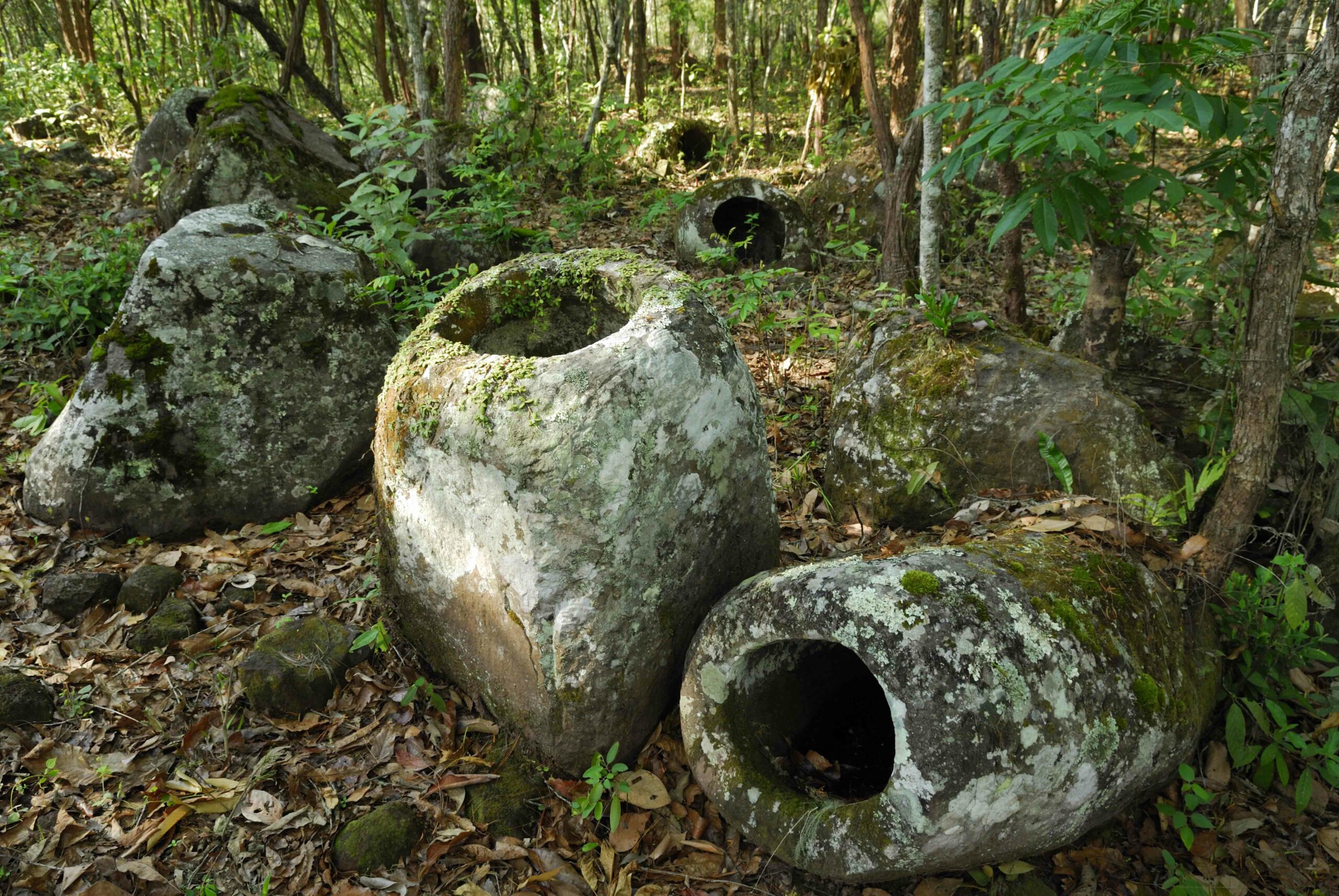 (Jerry Redfern)
(Jerry Redfern)


